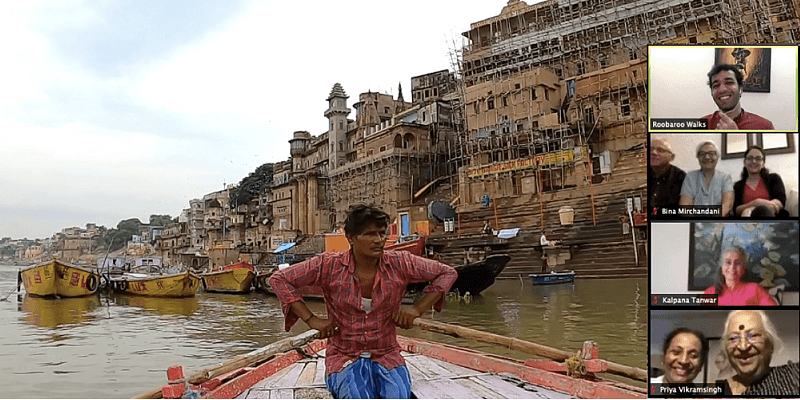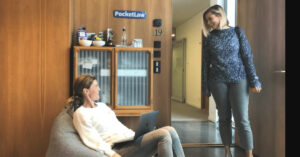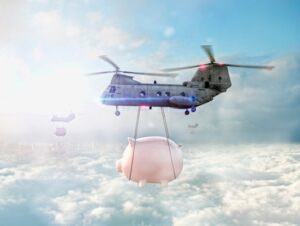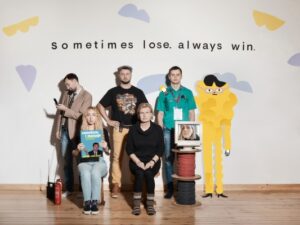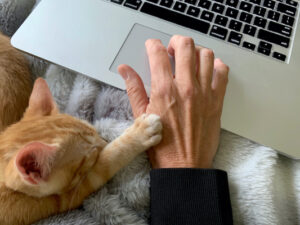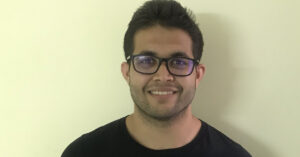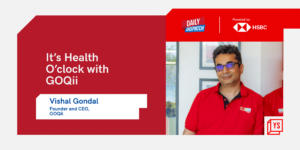Winners of the recent NICE Aarohana Business Plan Competition 2021 were announced for early-stage and growth stage cultural enterprises. Co-founded by Sanjay Anandaram, the Network of Indian Cultural Enterprises (NICE) aims to build ‘Brand India’ through its cultural and creative economy.
NICE supports entrepreneurs who leverage the commercial potential of indigenous culture, heritage and knowledge via a transformed product, service, or experience by promoting startups that respect principles of authenticity, innovation, diversity, sustainability, and inclusion. Target domains include wellness, food, fashion, décor, and tourism.
NICE Aarohana is a free online three-month programme for distinguished entrepreneurs, with support from experts and mentors. It includes workshops and peer learning opportunities in branding, fundraising, supply chains, and operational scaling.
From more than 100 applications received earlier this year, 10 were shortlisted for the growth-stage category. The jury consisted of Kanwaljit Singh, Srikrishna Ramamoorthy, Yogesh Choudhary, Siva Devireddy, and Anchal Jain. Three winners were declared for growth-stage enterprises; they will receive cash prizes, certificates, and publicity.
Bare Necessities makes zero-waste, eco-friendly personal care, home care, and lifestyle products. Roobaroo Walks provides heritage walks and tours (online and offline), led by storytellers and experts in Indian arts, culture, and history. Vyasa Health Care provides personalised integrative healthcare solutions based on Ayurveda, yoga, and naturopathy.
In this article, founders of these organisations share insights on problem-spotting, traction, pandemic resilience, future plans, and success tips for other aspiring entrepreneurs (see earlier article on early-stage enterprise here).
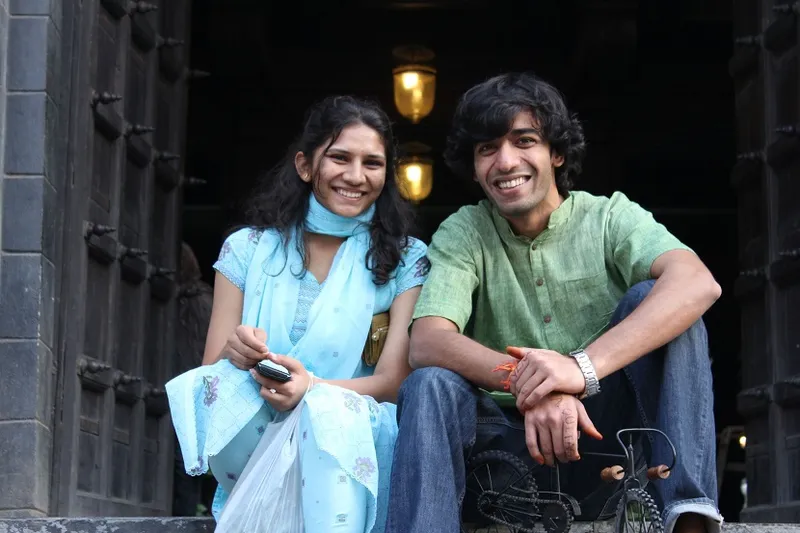
Anchal Sachan (L) and Aayush Rathi, Roobaroo Walks
Problem-spotting
“We are transforming the way people leverage heritage for personal and community growth, via experiential storytelling and art-based products and activities,” explains Aayush Rathi, Co-founder of Roobaroo Walks, in a chat with YS.
Aayush, a graduate of IIT Bombay and IIM Ahmedabad, is Head of Experiences and Product, while co-founder Anchal Sachan, a KJ Somaiya graduate from Mumbai, is Head of Marketing and Business Development.
Their personal journeys led to spotting the information asymmetry, “garbs of superstitions,” and outdated content in the way Indian heritage was being depicted. The team decided to transform travel experiences, leisure time, and festival celebrations with creativity and imagination.
“It was my travels through Europe that got me intrigued about our own heritage,” Aayush recalls. In contrast, Indian heritage was being presented in an unstructured and unorganised way, despite its tremendous depth and relevance.
“Having experienced the benefits of yoga and Ayurveda at a young age, I wanted to simplify and accentuate its application in everyday life for everyone,” Anchal adds.
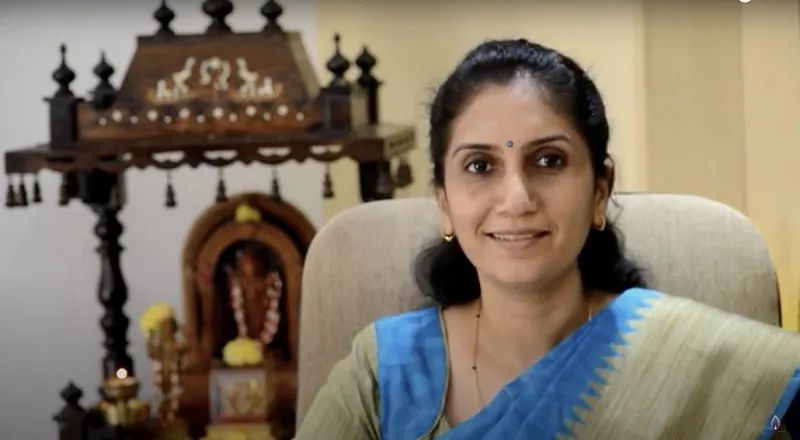
Dr Vasudha M Sharma, Vyasa Health Care
“As a medical professional, it was my dream to contribute to the process of creating a healthy society,” explains Dr Vasudha M Sharma, Co-founder of Vyasa Health Care. She was aware of the benefits and limitations of various systems of medicine, and wanted to bring them together in a complementary manner.
“Initially I was using Ayurveda alone. Soon after completing my master’s in yoga, I introduced it in patient care and found faster results with a take-home remedy for patients who visited me,” she recalls.
“Enhancing my knowledge on acupuncture and naturopathy came naturally as co-founder Dr Manjunath comes from those fields. Thus, we spotted the formula and have been using it effectively,” Vasudha adds. The founders have two decades of clinical experience and scientific research.
Vivekananda Health Global, a chain of centres headquartered in Bengaluru, is a brand of Vyasa Health Care providing evidence-based integrative medicine. The centres address the growing problem of lifestyle disorders, adverse effects of modern medicine, and reduced ability of modern medicine to control lifestyle disorders.
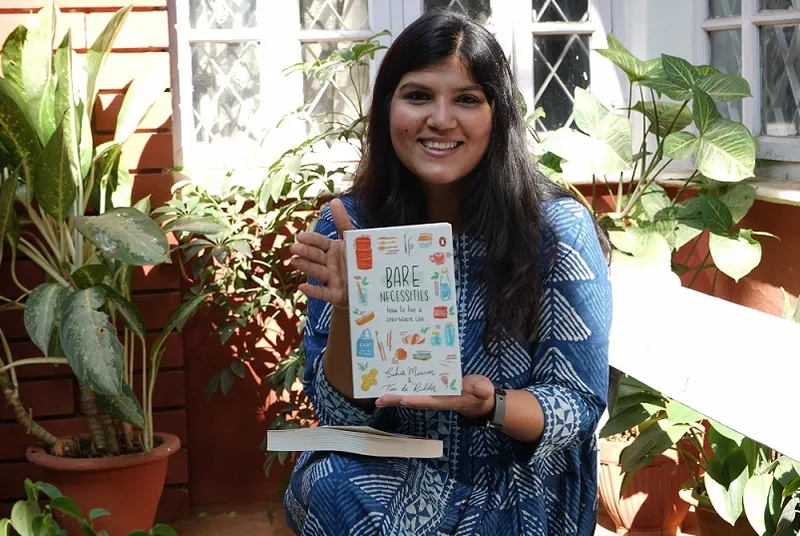
Sahar Mansoor, Bare Necessities
“When I came back to India after completing my studies overseas in 2015, I felt overwhelmed with India’s trash problem. I was confronted by it every day, and started to think of the associated environmental, health, and social justice issues,” recalls Sahar Mansoor, Founder of Bare Necessities.
“I wanted to stop being part of the problem. I knew I had to address my own trash problem first, and start living a zero-waste lifestyle,” she adds. This led to the need for creating personal care and home care products that did not contain harmful chemicals and were not packaged in plastic.
“I wanted to create a company that mirrored the values of zero waste, ethical consumption, and sustainability. I wanted to make it easy for other people looking to consume more mindfully, and to encourage others to produce less waste,” Sahar explains.
Unfortunately, the “web of convenience” gets in the way of habit change. Interestingly, many Indian traditions are actually rooted in ecological practices or what are now called “zero waste practices,” Sahar adds.
“The tiffinwallahs of Mumbai are an outstanding example of zero waste. They create 5,000+ jobs, and supporting community health by delivering homecooked meals to over two lakh people – all without producing any trash,” she observes.
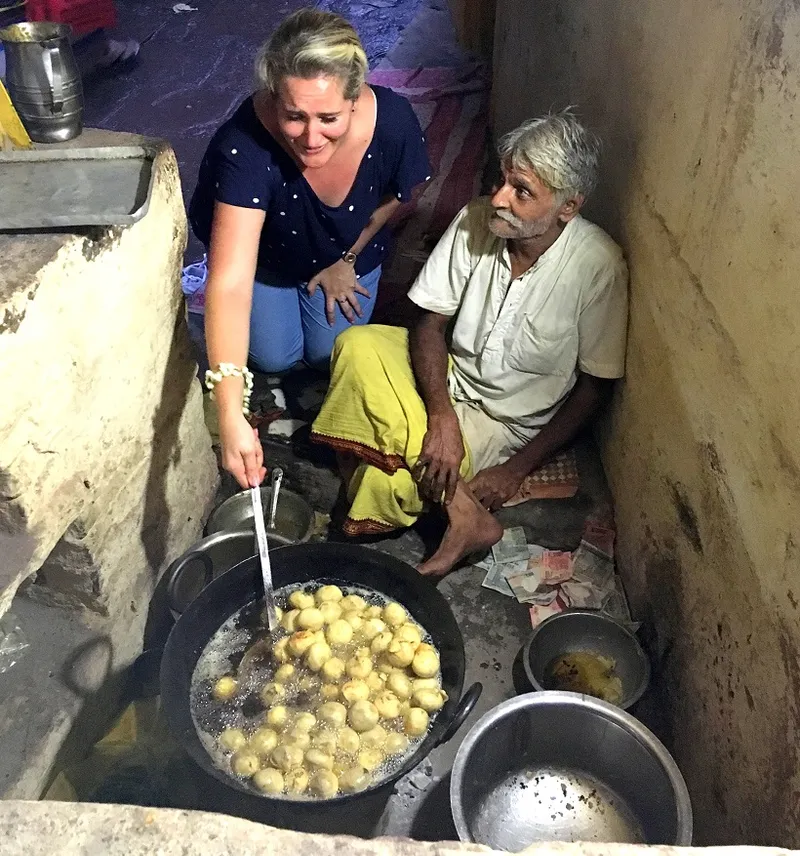
Food exploration, Roobaroo Walks
Traction
The founders also share some of the progress they have made so far, in terms of activities, products, and customer impact.
Sahar of Bare Necessities claims to have 30,000 customers all over India, 70+ zero-waste products (as compared to 15 in 2017), and 60+ B2B partnerships (as compared to eight in 2017).
“In the last four years, we have indirectly diverted 172,542 kg of plastic from ending up in landfills through the unit sale of our zero-waste products,” she adds. The startup has also launched courses and workshops on sustainability to become a “hub of knowledge for the circular economy”.
“We source our raw materials from local farmers, vendors and ethical suppliers such as Mason & Co, Blue Tokai Coffee Roasters, and Third Wave Coffee Roasters,” Sahar says. She has also partnered with Hasiru Dala and Maruvan for making donations to uplift waste picker communities and restoring native forests and livelihoods in Rajasthan, respectively.

Bare Necessities suppliers
In five and a half years since the launch of Roobaroo Walks in Varanasi, the enterprise claims to have served over 10,000 travellers across seven destinations, and was featured in a range of media from India and abroad. “We generated over Rs 1 crore in revenue for local communities,” Aayush adds.
He also shares some customer testimonials from Indian and foreign tourists, commending the startup for the way it showcased rituals and food in Varanasi, and organised a well-researched walking tour in Mehrauli in Delhi.
“We have a 50 percent retention rate at our centres. We have created a positive impact on patients, and reinforced their confidence in our health system,” Vasudha of Vyasa Health Care says, pointing to a range of testimonials.
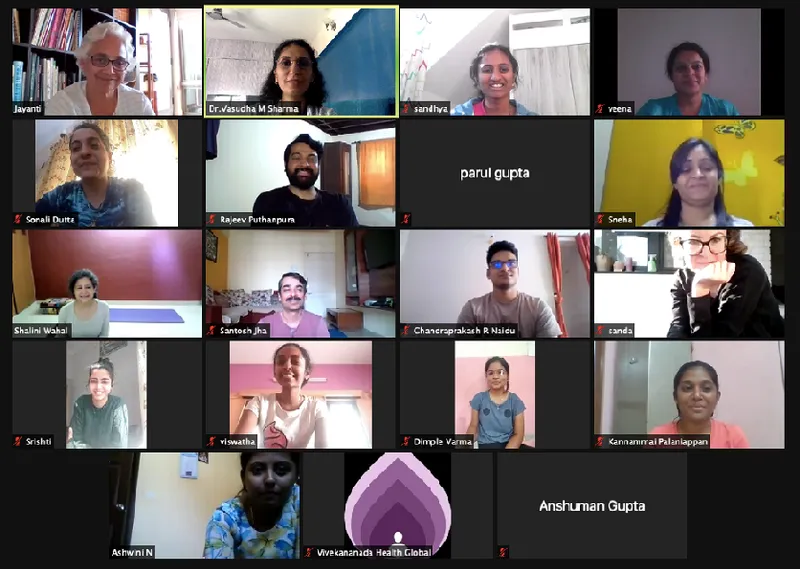
Yoga instructor course, Vyasa Health Care
Award benefits
The NICE Arohana programme and awards have a number of advantages for winners and finalists.
“Winning the award has boosted our confidence and has rooted us even more into achieving our mission. It has added to our visibility, and helped us network better and learn more,” Vasudha of Vyasa Health Care explains.
“Winning the NICE Aarohana Business Plan for growth-stage enterprises has boosted our confidence to work harder for our next round,” Sahar of Bare Necessities says. The startup has also developed strong relationships with a variety of mentors, industry experts and ecosystem players to grow its vision.
“The validation of our idea should be helpful in our funding efforts. Mentorship from NICE has already helped. The award has further bolstered our confidence and resolve,” Aayush of Roobaroo Walks enthuses.
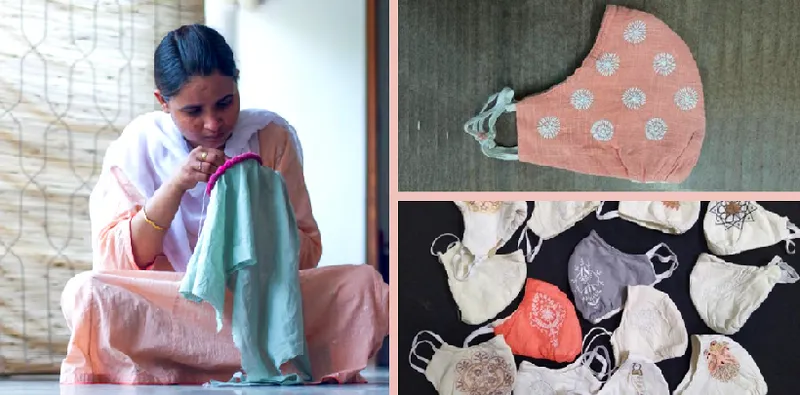
Chinkari masks, Roobaroo Walks
Pandemic impacts
The ongoing COVD-19 pandemic had adverse economic and health impacts, but also accelerated some sectors and channels for the enterprises.
“Due to the pandemic severely affecting logistics, we were unable to dispatch our products, including soaps, which were the need of the hour,” Sahar of Bare Necessities recalls. Another challenge was ensuring the team continued to stay motivated in the transition to online meetings and communication.
“Yet as a team, we really pulled together, through various mindfulness sessions, team meetings, and innovation. As they say, challenges definitely bring about opportunities,” Sahar adds. The company launched online courses such as Zero Waste in 30 and Sustainability in 30, DIY e-books, ideating board games, podcasts, and workshops.
“We have a very diverse team of people coming from all walks of life, so it took some time getting everyone used to video meetings and heaps of emails and excel sheets. But thankfully we pulled through,” she enthuses.
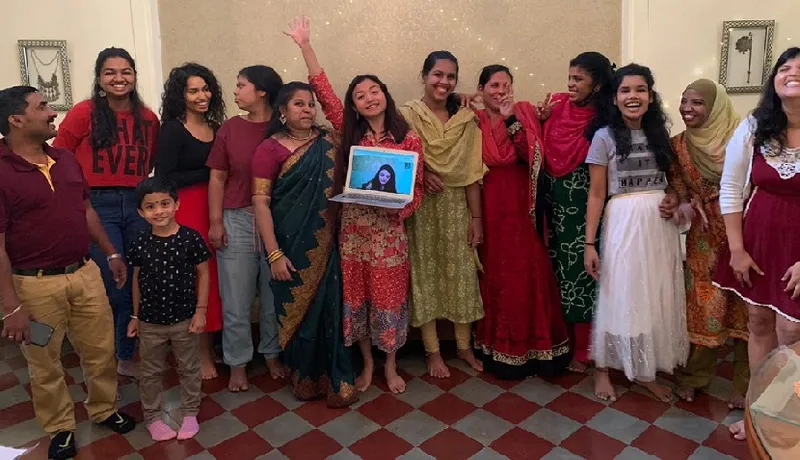
Team Bare Necessities
“The pandemic brought the travel industry came to a halt. It impacted our revenues considerably and put financial strain on several of our artists,” Aayush of Roobaroo Walks laments.
But there have been plenty of new opportunities as well. “We have successfully experimented with new experiences and product lines which we are now looking to scale up – notably digital workshops, cultural souvenirs, and virtual tours,” he adds. Being location agnostic, they have expanded its outreach significantly.
“The pandemic has had large impact on our cash flows. It has taught us to see the other side of life and has prepared us to be more resilient,” Vasudha of Vyasa Health Care explains.
“It has enabled us to explore the online media to a great extent, and we managed to survive only due to the transition. A great learning is to live in the present and mould oneself accordingly,” she adds.
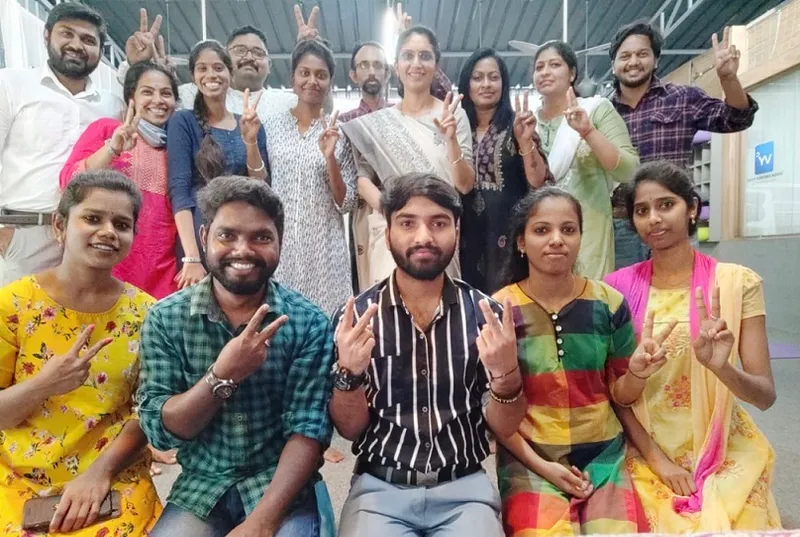
Team Vyasa Health Care
The road ahead
Looking ahead, Roobaroo Walks plans to expand to 28 destinations in five years, up from the current portfolio of eight destinations, and grow digital activities as well. “We will drive a content-based marketing push and leverage technology to make our processes more robust,” Aayush adds.
“The next step is to stabilise so that a scenario like COVID can never deter us from achieving our goals. We want to grow our customer base to over 50,000 in the next three years across all our centres in India,” Vasudha of Vyasa Health Care affirms. Technology will be roped in to stay unique and grow.
In the future, Sahar aims to position Bare Necessities as an interdisciplinary hub: a home for product designers with a cradle-to-cradle philosophy, a place for policy analysts to work with local governments on waste management policy, and for behavioral economists, ecologists, researchers, and consumers alike to shift the ecosystem towards a circular economy.
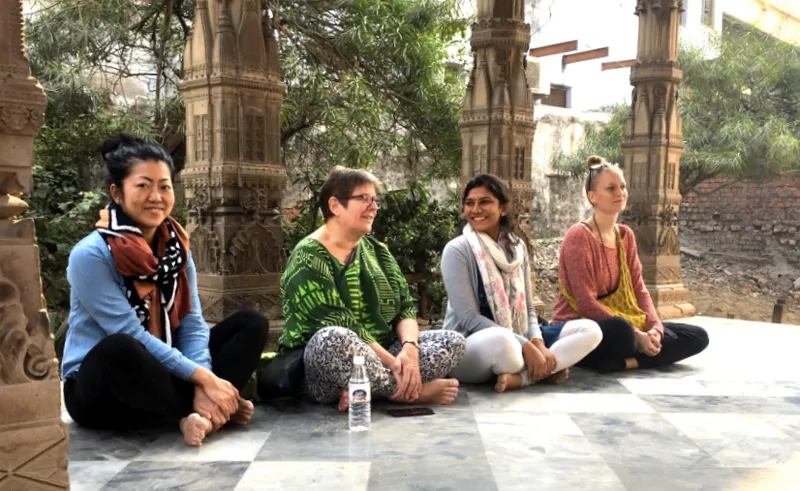
Culture tour, Roobaroo Walks
Founder tips
The founders also offer insights and success tips for other aspiring entrepreneurs. “Ask for help, you most likely will get it! Don’t be afraid of reaching out for advice, support, mentorship, or even finances,” Sahar of Bare Necessities advises.
“Accept that change doesn’t happen overnight. If you don’t believe in yourself, who will? Go for it,” she urges.
“Maintain consistency. Imbibe positivity amidst challenges. Have passion for ethical business,” Vasudha of Vyasa Health Care emphasises.
“Run small and measurable experiments to establish product-market fit quickly, as opposed to trying to create the perfect product in the first go,” Aayush of Roobaroo Walks suggests.
“Leverage partnerships to grow quickly and in a focused manner, as opposed to trying to do it all by yourself. The gestation period for cultural enterprises is often longer than other products and services. It’s therefore important to stay confident and keep doing the right set of things,” Aayush signs off.

